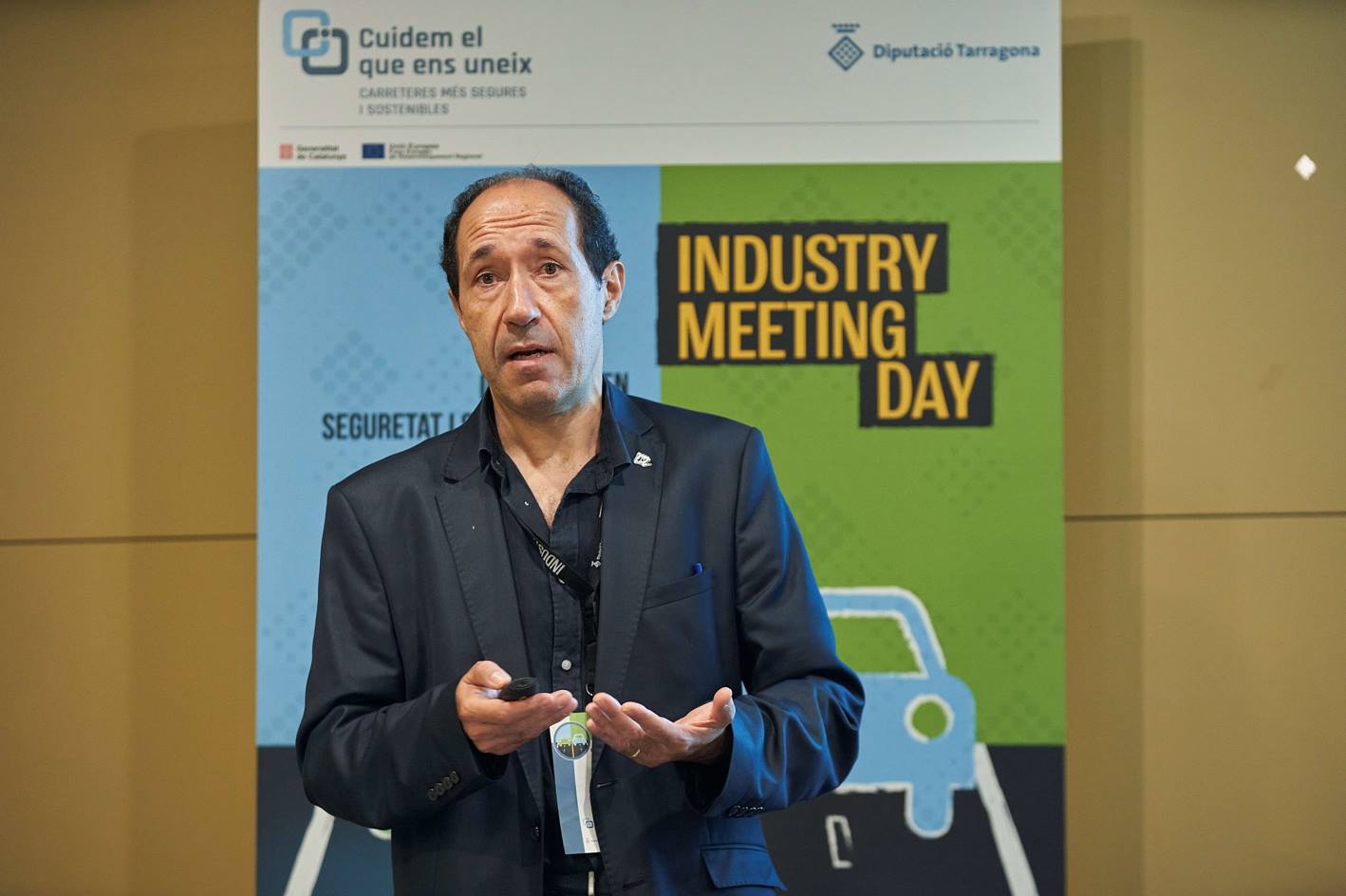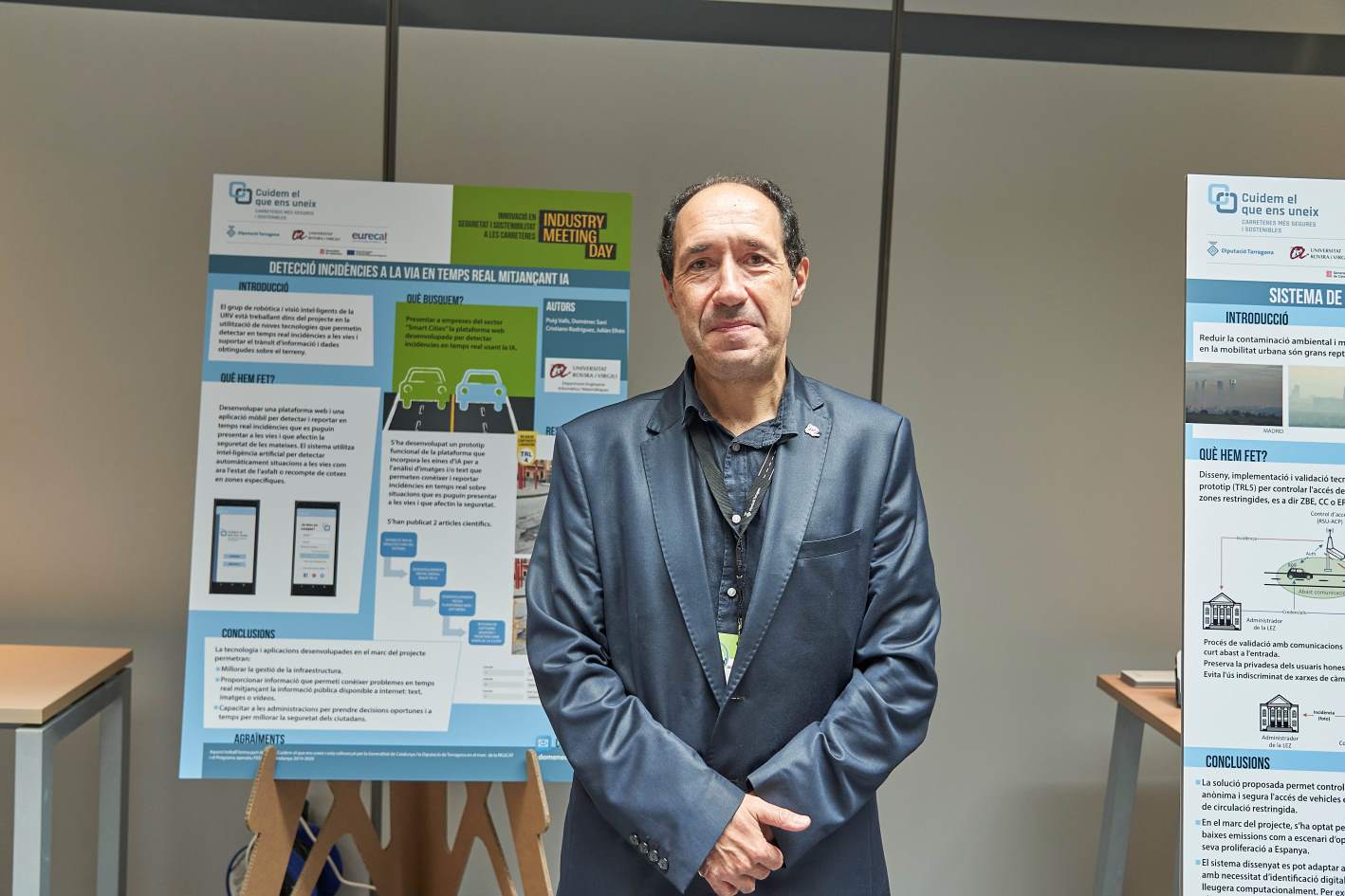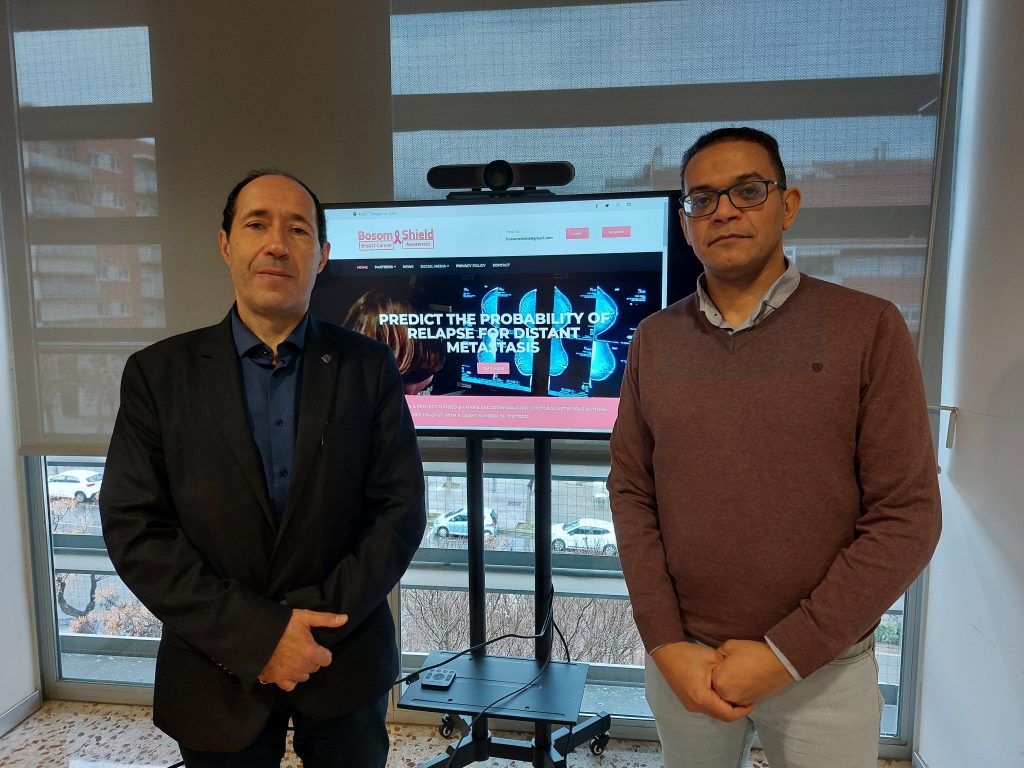https://www.lavanguardia.com/vida/20231105/9342077/acromegalia-enfermedad-gigantismo-edad-adulta.html
At our University, we have assumed a firm commitment to addressing the problem of acromegaly, a rare disease caused by tumors in the pituitary gland that results in an excess of growth hormone in adults. This debilitating condition manifests itself with serious symptoms, such as facial changes, limb growth, and heart problems. One of the main challenges in the fight against this disease is late diagnosis, which can take up to ten years.
Our tireless dedication has focused on improving the early detection of acromegaly. In collaboration with the Rovira i Virgili University, we have conceived an innovative project that uses artificial intelligence and facial recognition as tools for early diagnosis. Early identification of this disease is essential to ensure timely treatment and enhance the quality of life of patients.
Our project is based on the analysis of facial images with the purpose of identifying the characteristic changes derived from acromegaly in an initial stage of the disease. This early detection will allow doctors to initiate treatment before the disease causes irreparable damage.
We have carried out research that has shown that facial recognition can provide guidance regarding the therapeutic response of a new medication called pasireotide. This innovative technology, supported by an independent multicenter study, provides a promising approach for treating acromegaly and improving patients’ quality of life.
Acromegaly is a rare disease, and our commitment is to promote research and development of treatments that benefit affected patients. Despite the challenges that rare diseases pose, we are firmly determined to continue moving forward in the search for effective and promising solutions. Acromegaly, although rare, deserves proper attention and treatment.


